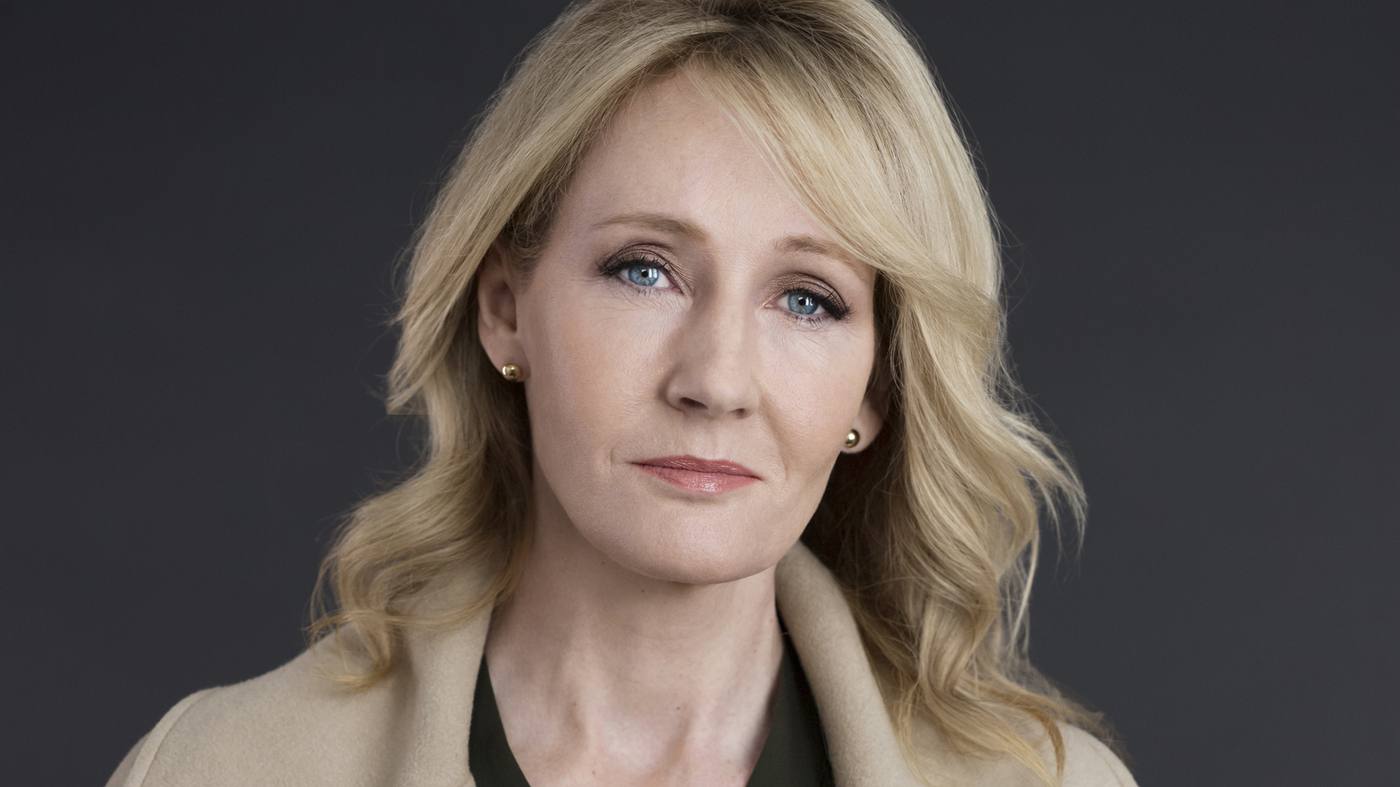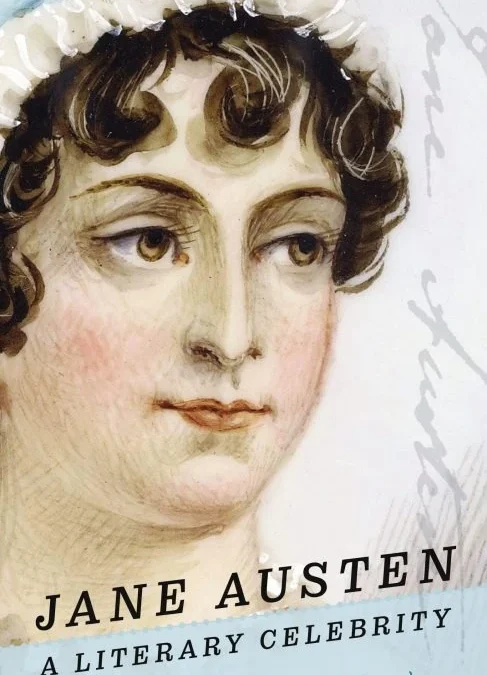J.K. Rowling’s journey from struggling single mother to the internationally celebrated author of the Harry Potter series is a powerful testament to resilience and creativity.
Early Life and Education
Rowling grew up in a modest household with her father, Peter Rowling, an engineer, and her mother, Anne Rowling, a science technician. She had one younger sister, Di, with whom she shared a close bond. Although her parents had a stable income, their relationship was strained, and they separated when Rowling was just nine years old. Her mother, who had been battling multiple sclerosis, passed away when Rowling was 25, an event that deeply influenced her work.
From a young age, Rowling exhibited a love for storytelling. She began writing short stories and reading voraciously, often using literature as a means to escape the challenges of her home life. Her early interest in writing blossomed during her time at Wyedean School and College, where she was known for her talent in English and French. Upon graduating from school, Rowling attended the University of Exeter, where she studied the French language. After completing her degree in 1987, Rowling moved to London to work for Amnesty International, an experience that exposed her to social justice issues and the human rights work she would later incorporate into her novels.
The Birth of Harry Potter
The idea for Harry Potter reportedly came to Rowling during a train journey from Manchester to London in 1990. Inspired by the image of a young boy attending a school for wizards, she began to flesh out the concept of the series. Although Rowling had no formal plans for a multi-book saga at this point, she began writing the first book, Harry Potter and the Philosopher’s Stone (released in the United States as Harry Potter and the Sorcerer’s Stone), shortly after.
However, the path to publication was not an easy one. Rowling faced personal hardships during this period. She was living in Edinburgh, Scotland, as a single mother after the dissolution of her marriage to Jorge Arantes, a Portuguese television journalist. Rowling struggled with depression, poverty, and the responsibility of raising her daughter, Jessica, but she continued to write in cafés, often with Jessica beside her in a pram. She relied on public assistance to support herself during these difficult years.
Despite her perseverance, the manuscript for Harry Potter and the Philosopher’s Stone was rejected by numerous publishers. Rowling received twelve rejections before finally receiving an acceptance from Bloomsbury Publishing in 1996. This breakthrough came largely thanks to the persistence of the publisher’s chairman, Barry Cunningham, who was impressed by the manuscript and offered Rowling a £1,500 advance, a modest sum but enough to allow her to continue writing.
The Success of the Harry Potter Series
The release of Harry Potter and the Philosopher’s Stone in 1997 marked the beginning of a global phenomenon. The book quickly gained a devoted following, and Rowling’s richly imagined world of wizards, magical creatures, and complex characters resonated with readers of all ages. The series was praised for its compelling storylines, moral depth, and the emotional growth of its characters, particularly the protagonist, Harry Potter.
Following the success of the first book, the Harry Potter series expanded to seven novels, each more successful than the last. Harry Potter and the Chamber of Secrets (1998), Harry Potter and the Prisoner of Azkaban (1999), Harry Potter and the Goblet of Fire (2000), Harry Potter and the Order of the Phoenix (2003), Harry Potter and the Half-Blood Prince (2005), and Harry Potter and the Deathly Hallows (2007) followed, each continuing the story of Harry’s journey through adolescence and his battle against the dark wizard, Lord Voldemort. The series explored themes of friendship, loyalty, courage, and the eternal battle between good and evil, with characters who were multifaceted and relatable.
Rowling’s success with Harry Potter was unprecedented. The books became bestsellers, translated into over 80 languages, and sold over 500 million copies worldwide. The series also spawned a successful film franchise, with all seven books adapted into eight films, further propelling Rowling to global fame. The films were released between 2001 and 2011, with stars like Daniel Radcliffe, Emma Watson, and Rupert Grint becoming household names for their portrayals of Harry, Hermione Granger, and Ron Weasley, respectively.
The Harry Potter series also garnered critical acclaim, winning numerous literary awards and establishing Rowling as one of the most influential authors of her generation. Her creation of the Wizarding World extended beyond the books and films to theme parks, video games, and spin-off works, including the Fantastic Beasts film series, which began in 2016.
Challenges and Philanthropy
Despite the success of Harry Potter, Rowling faced personal challenges throughout her career. In 2000, she was diagnosed with depression, which had a significant impact on her life and work. She has spoken openly about her struggles with mental health, stating that the experience of depression influenced the creation of certain characters, such as the Dementors in the Harry Potter series, who represent feelings of hopelessness and despair.
Rowling also faced criticism from some quarters, including backlash for her views on gender and gender identity. Despite this, she has remained a staunch advocate for human rights, literacy, and social causes. In 2005, she established the charity Volant, which focuses on alleviating poverty and supporting social welfare initiatives, particularly for women and children. In 2010, she was named the UK’s most influential public figure by The Times.
Beyond Volant, Rowling has also supported other charitable endeavors, including the charity Comic Relief and the organization Multiple Sclerosis Society Scotland, in honor of her late mother, Anne, who had battled the disease. Her philanthropic efforts reflect her commitment to using her wealth and platform to make a positive impact on the world.
In 2008, she also founded the charity Lumos, which works to support disadvantaged children around the world, particularly those in orphanages or institutions, and advocates for reforming child care systems. Through these initiatives, Rowling has used her success to improve the lives of others, focusing on causes that align with her personal values of justice and empathy.
Post-Harry Potter Works and Literary Pursuits
After completing the Harry Potter series, Rowling shifted her focus to adult fiction. In 2012, she published The Casual Vacancy, a standalone novel for adults that delves into the lives of a small town and explores themes of class, politics, and social issues. The book received mixed reviews, but it showcased Rowling’s ability to expand beyond the magical world of Hogwarts and tackle complex adult themes.
In 2013, Rowling began writing under the pseudonym Robert Galbraith, debuting with The Cuckoo’s Calling, a crime novel featuring the detective Cormoran Strike. The book was well-received, and subsequent novels in the Cormoran Strike series, including The Silkworm (2014) and Career of Evil (2015), cemented her reputation as a versatile writer capable of excelling in multiple genres.
Legacy and Impact
J.K. Rowling’s achievements extend far beyond the literary world. Her Harry Potter series has transformed the publishing industry, inspired generations of readers, and became a cultural touchstone. The books have been credited with reigniting interest in reading among children and young adults and have opened the door for new generations of writers.
Rowling’s success story also serves as an inspiration to millions around the world. Her rise from poverty and rejection to literary superstardom is a testament to the power of perseverance and the importance of pursuing one’s passions. As one of the wealthiest and most influential authors in the world, J.K. Rowling’s impact on literature, entertainment, and philanthropy continues to be profound, and her legacy will undoubtedly endure for generations to come.
Her journey is a reminder that even in the face of adversity, dreams can be realized, and that the power of storytelling has the ability to change the world. Through the magical world of Harry Potter, J.K. Rowling has not only enchanted millions but also created a lasting legacy of hope, kindness, and courage.





